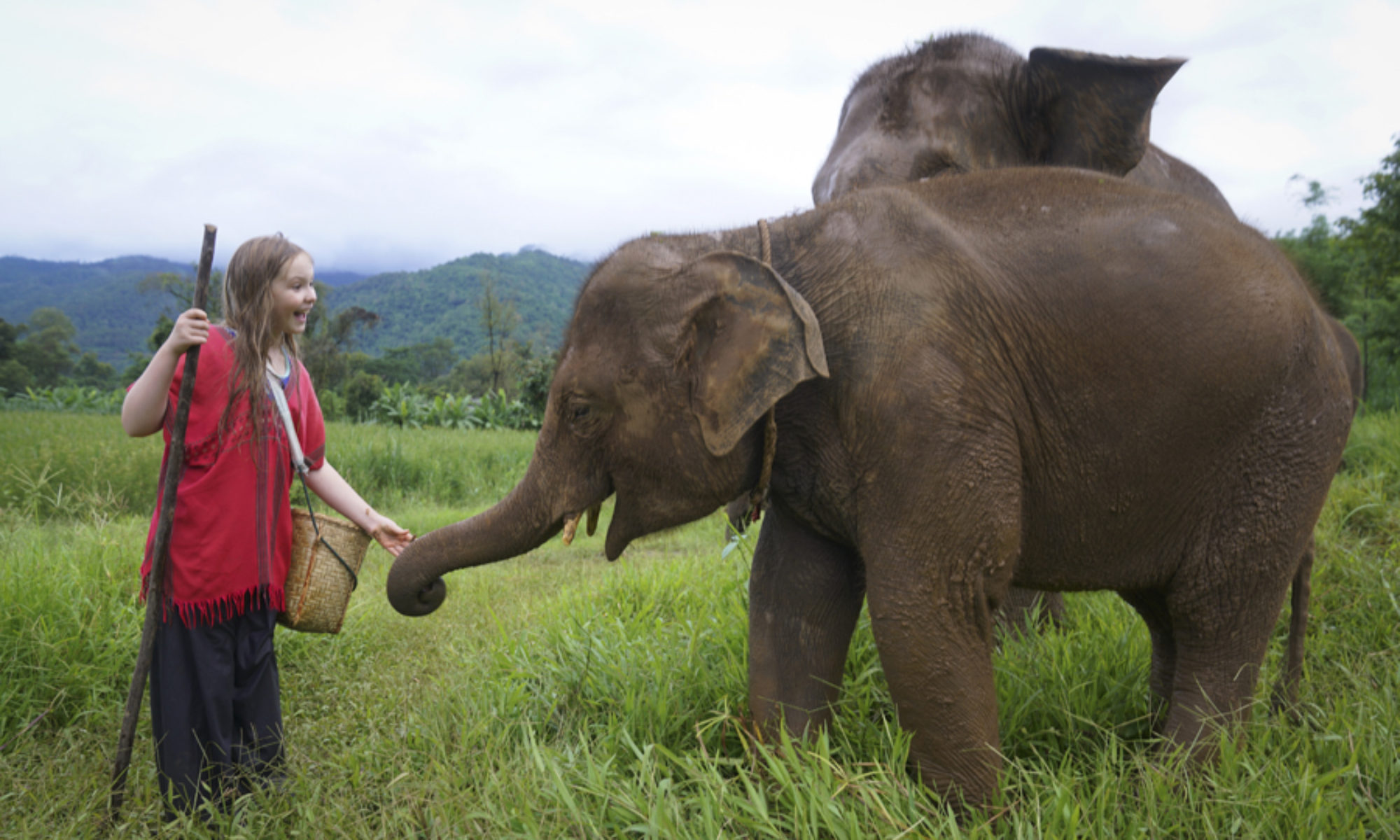
Given that some of the countries we’ll be visiting are affected by tropical diseases, we’re making sure our basic vaccines are up-to-date and are getting the full range of travel vaccines, including Yellow Fever, Japanese Encephalitis, Typhoid, Hep A/B, and Meningococcal Meningitis. Unfortunately, our vaccine schedule got thrown off by a week, because the Tropics Institute had no rabies vaccine for us thanks to a shortage in Germany, so we were on our own to find six does (3 for each of us) at local pharmacies. Luckily, the knowledgeable and efficient staff of Apotheke Reichsstraße 100 came through for us.

Even without having to hunt down our own shots, getting the recommended travel vaccinations is a big undertaking, requiring a consultation with a doctor, weekly trips to the Tropics Institute, the shots themselves (most are OK, but Hep A/B really hurts!) followed by two days of no exercise so that the body can produce anti-bodies, not to mention the increased aluminum exposure. (Fortunately, the rabies vaccine, which has the highest number of doses, contains no aluminum at all, nor does Yellow Fever.) The expense is also not insignificant: 1150€ total, and after insurance, 800€ out-of-pocket. That said, it’s totally worth it if it helps us avoid infection with symptoms ranging from headache, fever, and chills to diarrhea, constipation and vomiting to intestinal bleeding, swelling of the brain and coma – and worse.
But there are other diseases for which we cannot get vaccinations. Ebola and Avian Flu are still out there, as is Dengue. Outbreaks of the plague have been reported in Madagascar. (Just great.) Zika is still present throughout South America, Africa and Southeast Asia. Then there are lesser known diseases with fun symptoms, such as Chagas disease, which can cause a purplish swelling of an eyelid (not both, just one) as the number of parasites swell in the blood.
Of the 40 diseases on the CDC’s Travelers’ Health site, 15 are caused by person-to-person contact (coughing/sneezing/blood/fluids), 11 by contaminated food or water, 10 by mosquitoes, 6 by insects (fleas/flies/ticks/bugs) and 3 by animals. We are vaccinated against only 15, so we’ll be very careful to prevent infection by practicing excellent sanitation, filtering all water including when we brush our teeth, avoiding raw or undercooked food, and avoiding contact with sick people and with animals (although we’ll have to make an exception when we volunteer at an elephant rescue in Thailand). To ward off mosquitoes and other insects, we’ll wear long-sleeved shirts and long pants, sleep under mosquito nets, and use effective insect repellant.
Some friends and family may believe that all of this is too much work, but, in my view, we face risks no matter where we are in the world, and with careful planning and good habits, the rewards of world travel far outweigh the risks!


You must be logged in to post a comment.